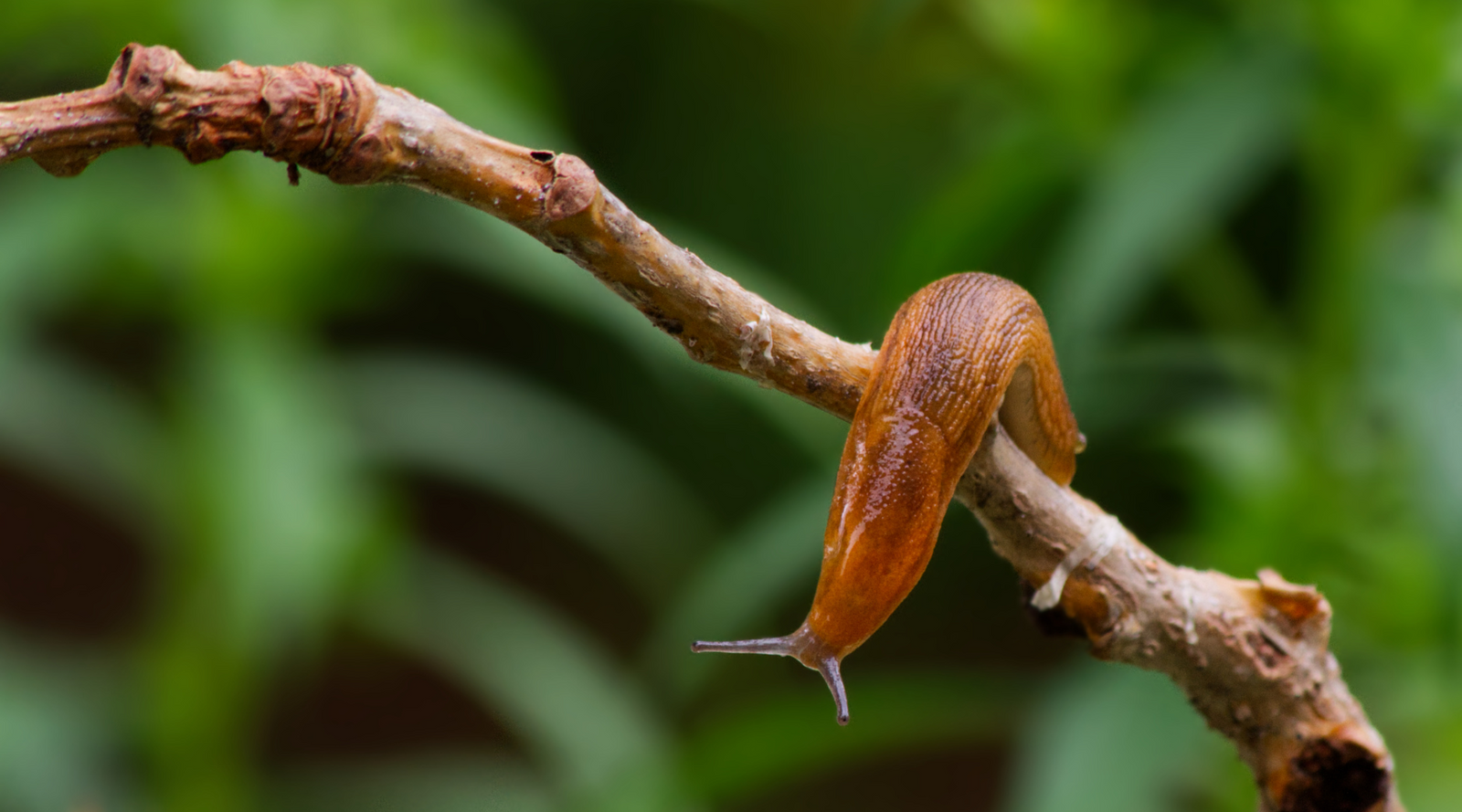Rainy weather ahead? Your dog or cat could be at risk of a silent but deadly parasite: lungworm.
This sneaky invader doesn’t just cause coughing—it can lead to life-threatening breathing issues or worse if left untreated. And the scariest part? Your pet could get infected just by playing in puddles or sniffing around the garden after rain.
What is lungworm?
Lungworm is a parasitic worm that affects the lungs, heart, and major blood vessels of pets. In dogs, the most common species is Angiostrongylus vasorum, while in cats, Aelurostrongylus abstrusus is more often the culprit. The parasite causes serious respiratory issues and, if left untreated, can be fatal.
Why Lungworm Risk Is Higher in Wet Weather
After rain, slugs and snails emerge—and they’re the main carriers of lungworm larvae. But here’s what most people don’t know:
Lungworm can also spread through infected faeces.
That’s right. If your pet sniffs, licks, or steps on poop from an infected animal, they could accidentally ingest lungworm larvae. Combine that with waterlogged parks and gardens, and the risk skyrockets after heavy rain.
How Pets Catch Lungworm
- Licking or eating slugs and snails
- Contact with snail trails on toys, grass or water bowls
- Drinking from puddles
- Sniffing or licking infected animal faeces (big risk at dog parks, or when cats share a litter box with infected cats)
Once infected, the larvae migrate to your pet’s lungs, where they can cause coughing, breathing trouble, bleeding issues, or even death if left untreated.

Symptoms of Lungworm in Dogs and Cats
In Dogs:
- Persistent coughing or wheezing
- Lethargy
- Unexplained bruising or bleeding
- Weight loss
- Vomiting or diarrhea
In Cats:
- Rapid or difficult breathing
- Coughing or sneezing
- Lethargy and weakness
- Loss of appetite
- Occasional vomiting
If your pet shows any of these signs, especially during or after rainy periods, see your vet immediately.
How to Protect Your Pets
- Use vet-approved lungworm preventative—not all worming treatments cover lungworm, so check labels or ask your vet
- Avoid puddles and wet grassy areas on walks
- Don’t leave pet bowls or toys outside, especially in wet weather
- Remove snails and slugs from your yard
- Pick up poop quickly
- Keep cats indoors, or supervise their outdoor time, especially after rain
Did you know? Lungworm preventatives aren’t part of most standard dewormers. Check your current product or speak to your vet.
Local Warning for Sydney Pet Parents
With wet weather forecast across Sydney, conditions are perfect for lungworm transmission—especially in high-traffic areas like dog parks and walking trails.
Final Word: Prevention Is Everything
Lungworm infections can escalate quickly—but they are highly preventable. With Sydney’s damp conditions expected to continue, now is the time to review your pet's parasite protection plan.
If you're unsure whether your current product covers lungworm—or if your cat or dog is due for a check-up—speak with your vet today.
In case of emergency, find your closest 24/7 vet hospital.
Your furry companions trust you to keep them safe. Let’s stay a step ahead of lungworm this rainy season.

